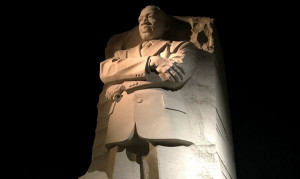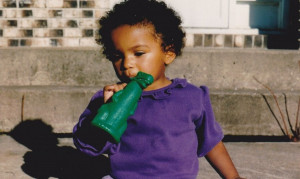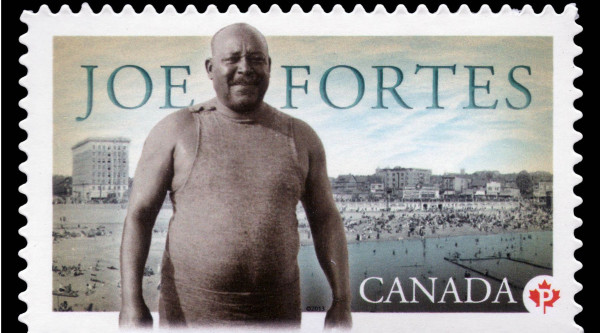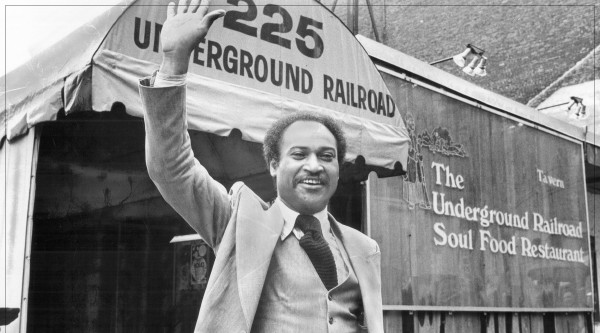It’s the Black girl who is applying for college the third time. Fixing her grades that were too low in between the under breaths of “you’ll never become anything.” Because her dreams of one day wearing a white coat are prayers that ring so loud in her ears, she will forever be wearing headphones. It’s the Black boy who heard Nigger one too many times in the schoolyard, and it finally broke through his skin. But just as he was about to rise in anger, lose himself to become their stereotype, he remembered his name, Mohammed. And like the Prophet of God (peace be upon him), who his mother named him after, he will not lower himself to fit their expectations but be faithful to the person he embodies.
To excel is to be able to do a little bit more, hold a little bit more, and sometimes it takes a little bit more to believe in the skin you were blessed with.
To breathe in the skin, they detested.
It was the 1960s that birthed the term Black Excellence from the womb of the American civil rights movement. When Black Americans dreamed of a racial equality that was so outrageous, reality dared them to pursue it.
But years before, Canada had already been prepping its rise of Black Excellence to lead its racial reckoning. On an evening in December 1941, a Nova Scotian woman would take her seat on the main floor of the Roseland Theatre along with her son. Her vision was clear. She had caught wind that the only movie house in town was throwing out patrons who refused to abide by their policy. Black people stay on the balcony; your colour is deafening.
When Carrie Best strode past the looks of disbelief on cashiers and took her seat in the whites-only section, it was about equality. Because even though she would be thrown out, fined for disturbing the peace, and ruled against in a civil lawsuit of racial discrimination, she excelled.
She embodied Black Excellence for her pursuit. It was the fact that she had a vision for herself and how she wanted to take up space in the world. One that refused to be surrendered to the confines of their blissful bigotry. It was the fact that she had the audacity to take one step towards it.
And that was a vision she would only define through her Blackness.
In the era of #BlackExcellence, we’ve interchanged excelling with a white standard of success. It’s a measure that cherry-picks its praise for Black people who rose to the top by playing the game the right way. It nods for the ones who made the history books. Slow claps for the one who was the only Black student or who picked up a suit and tie to become the sole employee of colour.
But the reality is, it's impossible for all Black people to break long-standing records or be the first Black medical faculty member in the department. And not every Black person is even looking to do so.
While highlighting these stories is essential for positive representation and for Black youth to believe they can aspire towards their passion, the idea of Black Excellence has us categorized on levels of achievement.
Was the Black entrepreneur excellent before or after her first million? And what about the Black entrepreneur who paved a way for herself, started a business, but was forced to shut it down?
Black Excellence has always been tied to the journey of becoming. The struggles of getting through the day. The behind-the-scenes. It’s every time you wanted to fall apart, but you didn’t. And every time you fell apart and let time gift you the strength to continue.
In the chase after an unreasonable standard of exceptionalism, it's too easy to fall into toxic productivity and burn out in the process.
But what if Black Excellence was about tailoring your vision, allowing you to tell your story through the highs and lows. Where your rest isn't lazy, your time with family not an afterthought, and where your fulfilment is a priority.
Black Excellence is your pursuit. You are the only one who can define that. And excellence has always bred success.

 By
By 








